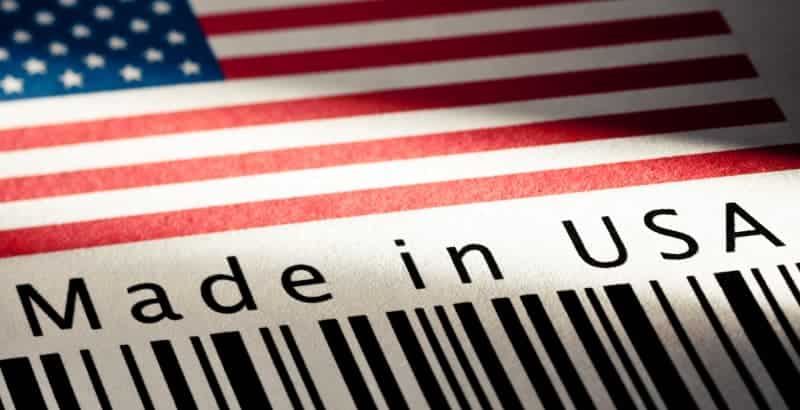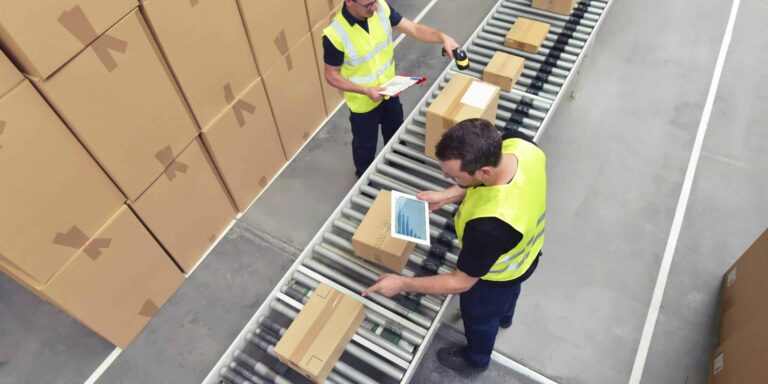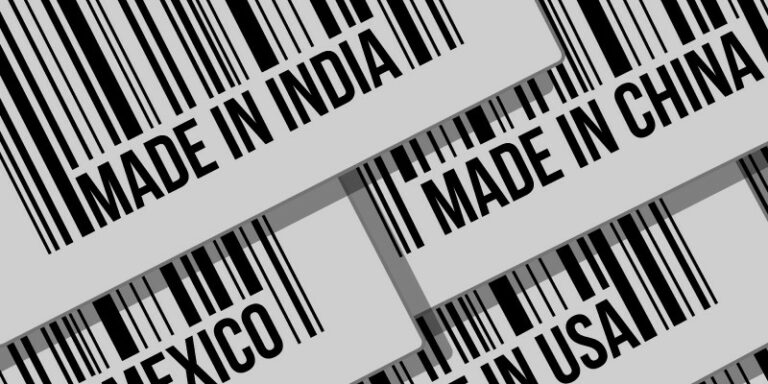FTC Collaboration with EU, Uranium Import Bans and Deceptive Made in USA Claims
U.S. Lawmaker Conducts Probe into FTC Collaboration with EU Regarding Amazon-iRobot Merger
The article discusses a U.S. lawmaker’s investigation into the Federal Trade Commission’s collaboration with the European Union to block a potential merger between Amazon and iRobot. The lawmaker is concerned that such collaboration would harm American companies and competition. The investigation aims to gather information about any coordination between the FTC and the EU in blocking the merger. The lawmaker is also exploring potential legislation to address this issue.
Highlights:
- A U.S. lawmaker is investigating the FTC’s collaboration with the EU in blocking a potential merger between Amazon and iRobot.
- The lawmaker is concerned that this collaboration could harm American companies and competition.
- The investigation aims to gather information about any coordination between the FTC and the EU in blocking the merger.
- The lawmaker is considering introducing legislation to address these concerns.
U.S. Bans Russian Uranium Imports, Boosting Domestic Nuclear Fuel Capacity
The U.S. has enacted a ban on Russian uranium imports, a move driven by concerns over potential disruptions in supply following Russia’s invasion of Ukraine. This ban aims to enhance the U.S.’s capacity to process uranium fuel domestically. The outgoing top nuclear energy official, Kathryn Huff, has stated that the U.S. has been preparing for the possibility of Russia halting its nuclear power fuel sales since 2022. The ban, expected to be signed by President Joe Biden, could lead to an increase in uranium prices. However, the U.S. is seeking alternatives from allied countries like Canada, France, and Japan to mitigate the impact. The ban is anticipated to unlock $2.7 billion in funding for developing the domestic uranium industry. Additionally, the U.S. aims to reduce its dependence on Russian uranium imports by investing in new conversion and enrichment capacity within the next three to four years.
Highlights:
- The U.S. Senate passed legislation to ban Russian uranium imports, in response to concerns arising from the invasion of Ukraine and to reduce Putin’s ability to fund the conflict.
- The ban is expected to be signed by President Joe Biden and will come into effect 90 days after enactment, with provisions for waivers in case of supply concerns.
- The ban may lead to fears of retaliation from Russia, potentially impacting uranium prices, as Russia currently supplies about 24% of the uranium used by U.S. reactors.
- The U.S. is exploring alternative sources of uranium from allied countries and plans to invest in domestic uranium capacity to reduce reliance on Russian imports within the next few years.
FTC Imposes $3.17 Million Penalty on Williams-Sonoma for Deceptive Made in USA Claims
The Federal Trade Commission (FTC) has reached a record-setting settlement of $3.17 million with home and kitchenware company Williams-Sonoma over deceptive “Made in USA” claims. The FTC alleged that Williams-Sonoma made misleading claims about the origin of its products, including falsely advertising foreign-made items as being made in the USA. The company faced charges regarding various products, such as Goldtouch Bakeware, Rejuvenation products, and upholstered furniture sold under the Pottery Barn Teen and Pottery Barn Kids brands. The settlement includes a civil penalty and requires Williams-Sonoma to submit certifications of compliance with the order. The FTC emphasizes the importance of substantiating “Made in USA” claims to protect consumers and businesses.
Highlights:
- Williams-Sonoma settles with the FTC for $3.17 million over deceptive “Made in USA” claims, marking the largest civil penalty in an FTC Made in USA case.
- The company advertised products as made in the USA when they were wholly or significantly imported, violating the FTC’s requirements.
- The settlement requires Williams-Sonoma to submit certifications confirming compliance with the order and implement controls to ensure future compliance.
- False or deceptive “Made in USA” claims harm both consumers and businesses, as companies that comply with the law are unfairly disadvantaged. Proper substantiation is crucial before making such claims.








